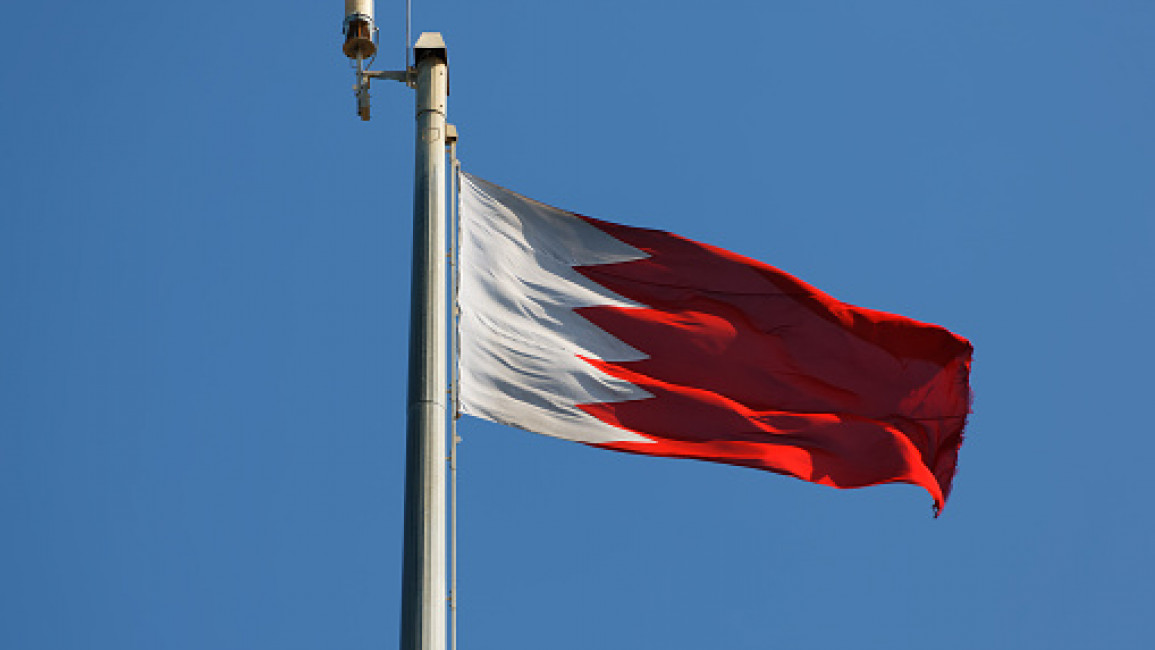Bahrain makes all prisoners eligible for 'alternative' sentences
Bahrain extended an "alternative sentencing" scheme including community service and home detention to all prisoners on Thursday following protests over overcrowding and Covid fears.
The tiny Gulf kingdom eased a requirement for prisoners to have served one half of their sentence as it made the alternatives available to all, even those who haven't started their jail time.
"Under the new system all adults sentenced to imprisonment will become eligible for their cases to be dealt with by alternative sentencing, even prior to commencement of any sentence of imprisonment," a government statement said.
"Alternative sentences may include community service, home detention, exclusion orders, non-contact orders, electronic tagging, rehabilitation programmes or compensation."
In April, Bahrain allowed more than 100 inmates to serve the balance of their jail time out of prison, following reports of coronavirus outbreaks and protests by family members for their release.
Activists say Bahrain's Jaw prison has a maximum capacity of approximately 1,200 but that the number of inmates, including political opponents, is at least three times that number.
Since Bahrain's 2011 pro-democracy uprising, which ended in a bloody crackdown with the help of Saudi forces, opposition parties have been banned and dozens of political opponents jailed, triggering international criticism.
Protesting inmates
Inmates in Jaw held a protest in April, which spread to three buildings, and was brutally suppressed by authorities allegedly using stun grenades and beating inmates with batons.
The disproportionate violence prompted the UK House of Commons to table a motion on 24 May, stating some 60 inmates were held in solitary confinement for 19 days without access to daylight, phones to call loved ones, or legal representation.
"We are disturbed by the use of unnecessary and disproportionate force by police special forces to dismantle a peaceful sit-in," said the UN high commissioner for human rights.
Inmate Ali Al Hajee, at the Dry Dock Detention Centre, told The Guardian: "Most prisoners are mistreated, physically and mentally. It's always the same thing - torture and a lack of proper medical care."
"I’m still not vaccinated," he added.
"In February, I selected the AstraZeneca vaccine, but then they offered me Sinopharm. I said from the beginning I chose AstraZeneca."
Rights groups call for Bahrain to look after inmates
In June, Amnesty International released a report urging Bahrain to vaccinate its Jaw prison population following the death of prisoner Husain Barakat,
Despite an earlier outbreak of Covid-19 at the prison in March and April 2021, family members told Amnesty International in early June that the prison administration had failed to distribute face masks or hand sanitisers to protect prisoners.
Prisoners were also prevented from calling their family, sometimes for weeks at a time, the report claimed.
"Bahrain’s authorities must immediately launch an effective, independent and impartial investigation into the circumstances of Husain Barakat’s death, including to determine whether he received timely and appropriate medical treatment," said Lynn Maalouf, Deputy Director for the Middle East and North Africa at Amnesty International.
Family members have held regular protests in recent months against the conditions in Jaw prison.
Bahrain has recorded so far more than 273,000 cases of coronavirus, including 1,388 deaths.



